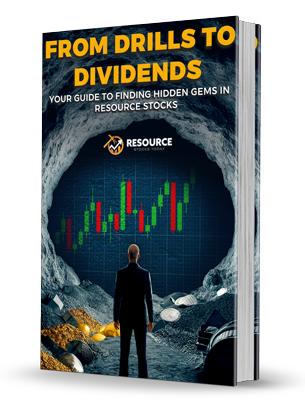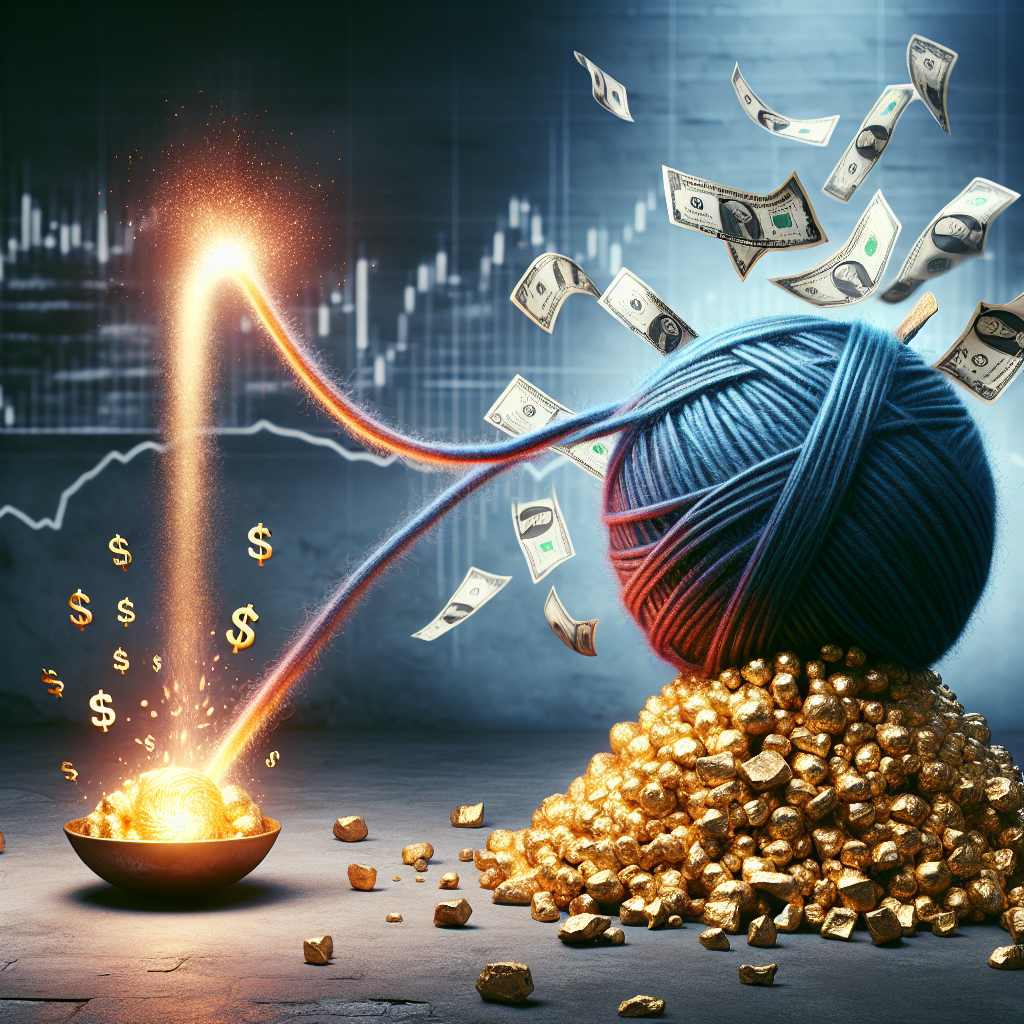Understanding the Volatility of Palladium Prices Amid U.S.-Russia Tensions
The commodity markets have recently witnessed a notable uptick in palladium prices, spurred largely by geopolitical tensions between the U.S. and Russia. On Thursday, palladium futures soared by 9.3%, reaching their highest point of 2024 so far. This increase can be largely attributed to discussions surrounding potential sanctions on Russian exports, particularly in light of Russia’s role as the world’s leading palladium supplier, accounting for around 40% of global supply.
The Current State of the Palladium Market
According to reports, as the U.S. seeks to exert economic pressure on Russia following its invasion of Ukraine, it is urging the Group of Seven (G7) nations to contemplate sanctions that could affect the export of palladium and titanium from Russia. This news propelled palladium’s price, with the December futures contract settled at $1,163.90 an ounce on the Comex, hitting an intraday high of $1,173—the peak level for the contract since December 28, 2023.
However, despite the immediate surge in prices, experts warn that the upward momentum may be short-lived. Warren Patterson and Ewa Manthey, analysts at ING, caution that garnering international consensus to impose sanctions on Russian palladium could prove challenging given its significant contribution to global supply. They describe the recent price moves as “news-driven spikes,” suggesting that the market does not necessarily reflect sustained demand following this speculative surge.
Long-Term Demand Concerns
The World Platinum Investment Council’s recent predictions highlight an interesting dichotomy within the palladium market. While they project that demand is likely to outstrip supply in the near term, causing potential price spikes, they also foresee a shift towards a supply surplus around 2026. This anticipated shift is largely due to the mounting global transition toward electric vehicles (EVs) and a more stringent commitment to net-zero emissions by 2050.
As it stands, palladium’s primary application is in catalytic converters within gasoline engines. Given the pressing transition towards electric alternatives, the long-term demand outlook for palladium appears increasingly precarious. Adrian Ash, director of research at BullionVault, points out that unlike platinum, palladium lacks diverse and expanding applications that could mitigate the decline in automotive-related demand. “So long term, the consensus says the fundamentals of palladium will continue to weigh on prices,” Ash notes.
Speculative Sentiment in Palladium Futures
In the short term, the market dynamics are markedly different, with a pronounced increase in speculative trading resulting in heightened volatility. Ash observes that hedge funds and other institutional investors have maintained a net bearish position on palladium for more than two years—a stance that has generally yielded profits despite being vulnerable to these occasional, news-driven spikes. “The underlying trend might also be working against the bears,” Ash admits, indicating that recent price increases, including a substantial 35% rise from a seven-year low in August, could be significant for those betting against long-term declines in palladium values.
Investment Implications
For serious investors focused on commodities and resource stocks, the current palladium situation warrants a prudent and nuanced approach. The near-term spikes fueled by geopolitical developments can create opportunities but also increase risks. Investors should remain cognizant of the broader context, examining not only immediate price movements but also the structural changes impacting demand, particularly as the automotive industry pivots more aggressively towards electric vehicles.
In summary, while palladium has reacted sharply to the current geopolitical climate, the lasting fundamentals suggest that investors should exercise caution. Monitoring shifts in demand patterns and changes in industry dynamics will be critical as the commodities landscape continues to evolve. Consideration of the unique characteristics of palladium—its concentrated supply, specific applications, and the overarching trends affecting the automotive sector—will be essential for making informed investment decisions in this volatile market.
In conclusion, understanding the interplay between geopolitical events and commodity dynamics is crucial for navigating the resource-driven stocks market. As tensions continue to unfold and the automotive landscape shifts, palladium remains a critical resource that could shape investment strategies in the years ahead.















